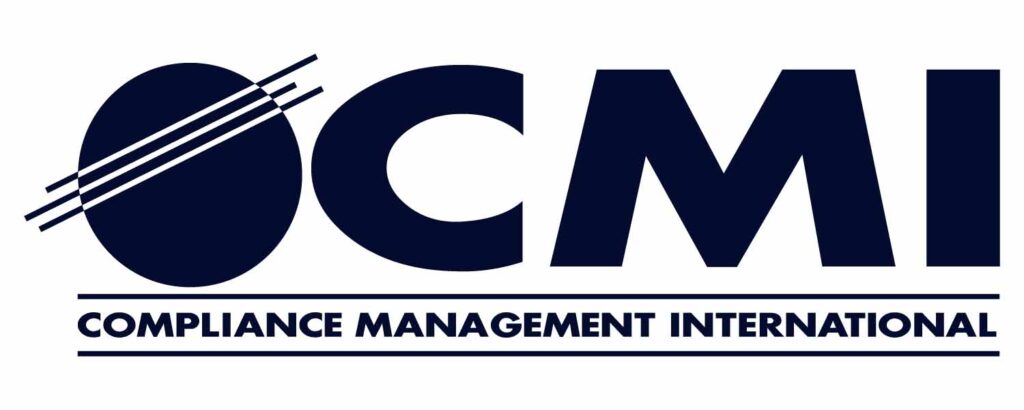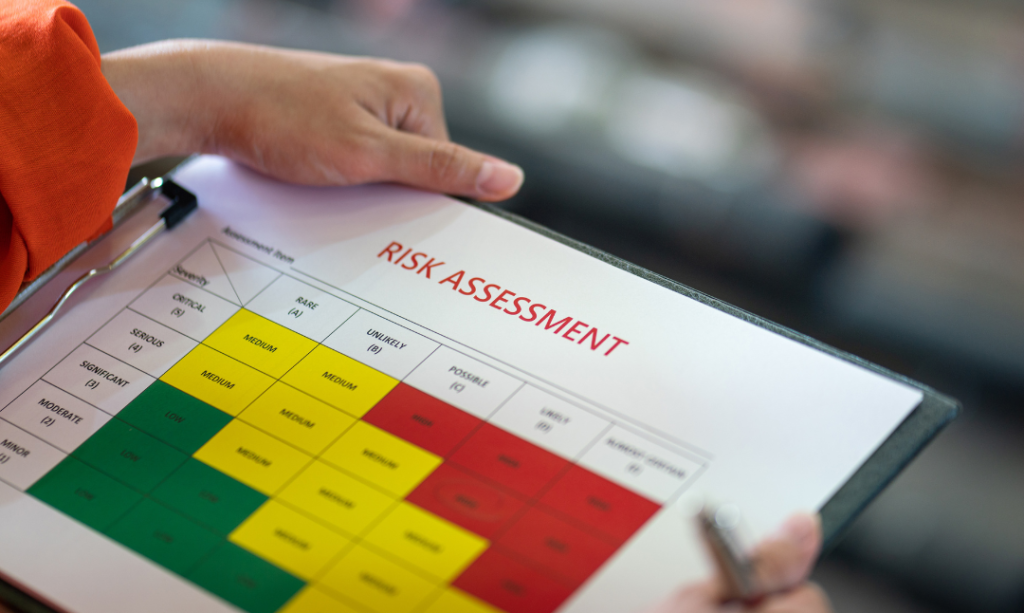As Health and Safety professionals, we understand that the well-being of our team extends beyond the job site. Whether you are driving a light vehicle, a truck, or traveling to provide professional services, motor vehicle safety is a critical concern. It is important to recognize that all drivers, regardless of how frequently they drive for work, face risks on the road. From 2011 to 2022, over 21,000 workers lost their lives in work-related motor vehicle crashes, accounting for 35% of all work-related deaths in the U.S. These statistics are a sobering reminder of the real risks involved.
At our organization, safety is not just a box we check—it is a shared value that drives everything we do. Ensuring that each of us makes it home safely at the end of the workday is a responsibility we all carry. The National Institute for Occupational Safety and Health (NIOSH) and its Center for Motor Vehicle Safety (CMVS) are actively working to promote safer driving practices, but it starts with us, here and now.
Key Safety Tips for our Road Warriors:
• Minimize Distractions: Driving demands your full attention. Avoid distractions like phone calls, adjusting navigation systems, or talking with passengers while on the road. Even hands-free devices can reduce your focus, so staying present is essential. The use of vehicle Bluetooth for necessary calls should be done with caution.
• Vehicle Maintenance: Regular maintenance is vital for ensuring your vehicle is in top shape. Check your tires, brakes, and fluid levels before each trip, and don’t forget to winterize your vehicle as needed. Having an emergency roadside kit is a proactive step that could make all the difference in unexpected situations.
• Defensive Driving: Always anticipate potential hazards. Pay attention to traffic conditions, weather changes, and the behavior of other drivers. Whenever possible, familiarize yourself with the route ahead of time—this can reduce surprises and help you stay focused on the road.
• Observe Speed Limits: Speed limits are set for your safety. By adhering to them, you allow yourself ample time to react to any unforeseen obstacles, keeping both you and those around you safe.
• Avoid Driver Fatigue: Fatigue can sneak up on even the most seasoned drivers. If you’re traveling long distances, schedule regular breaks to recharge. Staying rested is essential for making sound decisions on the road.
• Plan Your Route: Take a few minutes before each trip to plan your route. Knowing where you’re going not only reduces stress but also minimizes distractions while driving.



